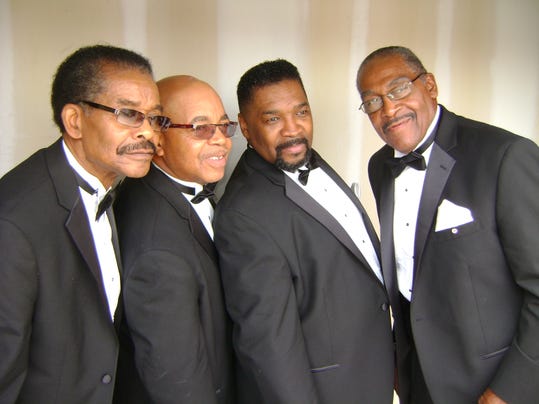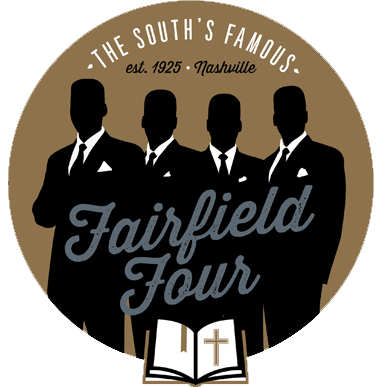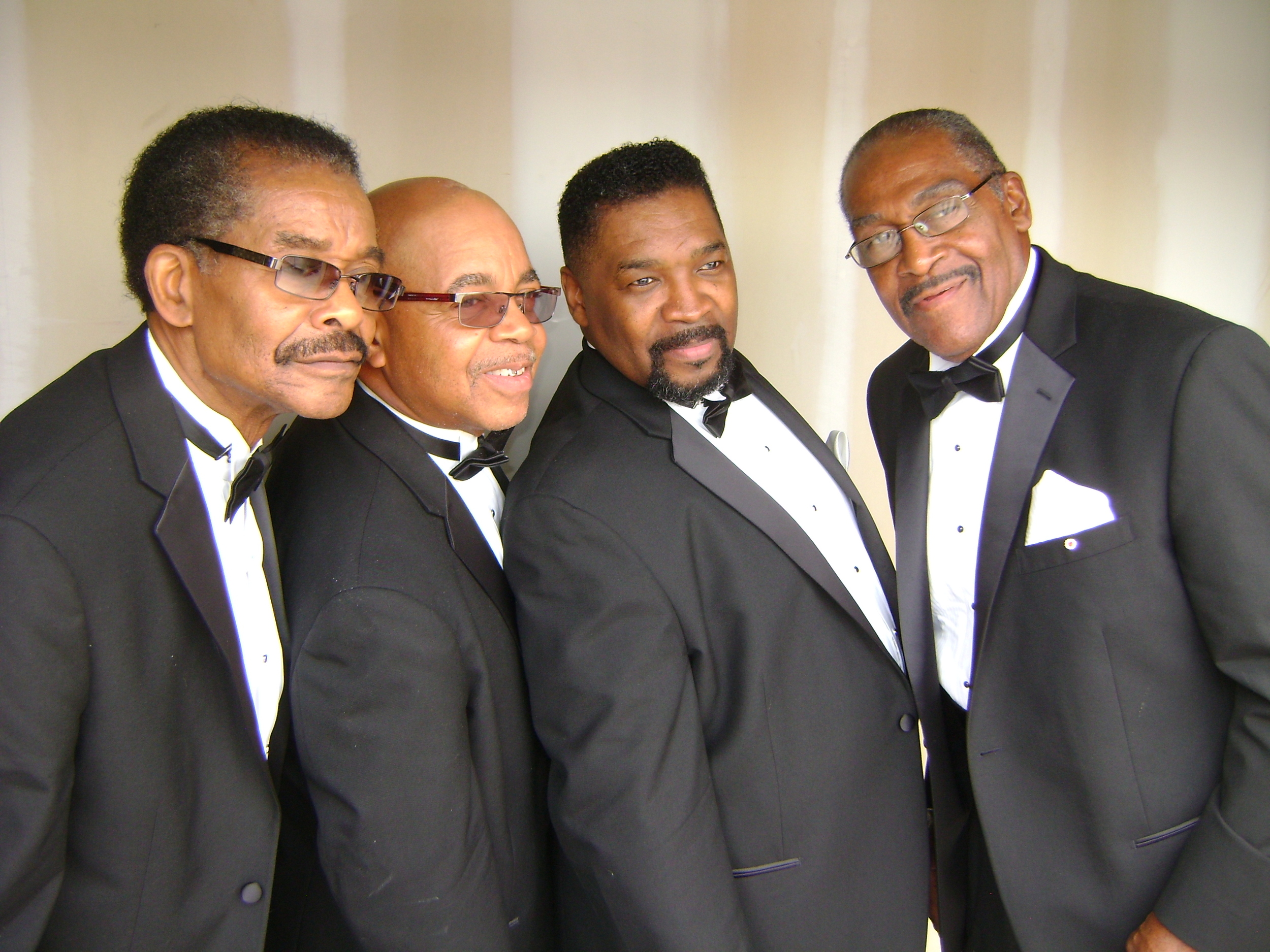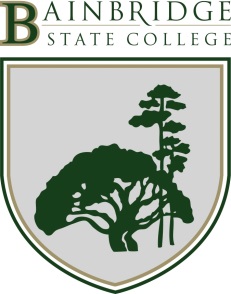Fairfield Four, McCrary Sisters Uphold Gospel Tradition
Written by: Juli Thanki, The Tennessean
Full story here.

Twenty-four years after his death, the Rev. Samuel McCrary's legacy still looms large in Music City.
As the pastor of St. Mark Baptist Church in Germantown, he ministered to hundreds of Nashvillians over the years. As an integral member of local a cappella gospel institution The Fairfield Four, his tenor touched countless listeners. The Fairfield Four and his four daughters, The McCrary Sisters, continue to carry on his musical influence.
"Sam was the anchor of the Fairfield Four," says Joe Thompson, the group's current leader and bass singer. His cousin Rufus Carrethers was one of the Four's original members when the group was founded during the early 1920s at Fairfield Baptist Church.
A 22-year-old McCrary joined the a cappella group in 1935, and, during the post-World War II years, assumed leadership of the Fairfield Four as they recorded dozens of sides for Dot Records, Bullet, Nashboro and other labels. Those records would go on to influence doo-wop acts of the 1950s such as The Clovers.
When a cappella gospel music declined in popularity and McCrary was called to the ministry, the Fairfield Four went on hiatus for about 20 years before reuniting in the '80s. In the years since, they have been named National Heritage Fellows, appeared in "O Brother, Where Art Thou?" and sung with Elvis Costello, Steve Earle, John Fogerty and more.
Though the group's founding members have all passed away, the current lineup — Thompson, Levert Allison, Bobbye Sherrell and Larrice Byrd — is determined to keep the Fairfield Four tradition alive.
They released a new album, "Still Rockin' My Soul," that pays homage to the group's strong roots (and their Nashville ties, as country singer Lee Ann Womack accompanies them on the soulful "Children Go Where I Send Thee").
"Our style is rare and we refuse to let it die away," Allison says. "I think it's our obligation to carry it on."
Story continues after photo
Family tradition
That's a sentiment familiar to the McCrary Sisters — Ann, Regina, Deborah and Alfreda — who have followed their father's path since childhood.
"As kids, we thought everybody had the ability to sing," remembers Ann McCrary because everybody they knew did sing. All eight McCrary children sang in the church on Sunday mornings. During the evening, they'd listen to the Fairfield Four practice in the living room of the family's Acklen Avenue home and emulate the harmonies they heard.
The education they received from the Rev. McCrary wasn't just musical, though.
"My dad asked us to bring him some clothes to donate to children in need," Regina McCrary says. "So I brought some things down and said, 'Daddy, you can have these because I don't like them no more.' He looked at me and said, 'When you give, you give from the heart. You give something that's hard to let go of, or it's not giving.' That was a lesson, and now that's how we live and how we treat each other."
Over the years, the McCrarys have sung in every studio and style that Nashville has to offer.
At 3 years old, Ann McCrary, the oldest daughter, began traveling with the Fairfield Four; she hasn't stopped singing since.
Regina McCrary also pursued a career in music and performed with Bob Dylan in the late 1970s and early '80s when he recorded three gospel albums: "Slow Train Coming," "Saved" and "Shot of Love." (The troubadour, she says, appreciated her "butt-naked honesty.")
Alfreda McCrary, the baby of the group, mainly focused on the music ministry she did with her husband, but soon began singing with Regina and Ann. They'd go on to accompany Mike Farris during his live performances, and after the shows, Regina McCrary says, numerous audience members would come up to the McCrarys and ask whether the trio had recorded an album of their own. That's when they got the idea to form their own group, but first, they needed to persuade one more woman to join them.
Bridging two eras
Deborah McCrary had devoted herself to a career in nursing, and when her three sisters asked her to perform with them, she admits to being initially hesitant. Her nerves were only compounded when she joined her sisters onstage at the Station Inn and suffered her first hot flash.
"It felt like everybody was staring at me, and I swore I'd never get back up there again," she says, as her sisters dissolve into laughter. "But it was so much fun to be with my sisters, and after that it didn't take much (convincing) at all."
Six years after that Station Inn show, the quartet has guested on numerous recordings by Paul Thorn, Mary Gauthier and Dr. John, to name a few.
They've also just released their third album together, "Let's Go." Working with longtime friend and collaborator Buddy Miller, the McCrarys considered 50 songs for the project before slowly narrowing it down to the final 16 tracks on the finished product, which is a vibrant and joyful tribute to their father.
"Most of what you hear on the CD are songs we grew up listening to," Regina McCrary says. "We heard them in church and we heard the Fairfield Four sing them. When we listened to them again, those songs brought back such sweet memories that stirred our spirits, which is why we picked them for this album."
Story continues after photo
On "Let's Go," The Fairfield Four join the McCrarys on an uplifting a cappella rendition of "Don't Let Nobody Turn You Around," a song that Sam McCrary recorded with the Four more than half a century ago. The newest version of the song isn't just a salute to the groups' shared past, but a hint at an exciting future.
"I see us as a bridge between old school and new school (gospel)," Regina McCrary says. "You've got to understand where the music has been to know where to take it."
On July 10, the Fairfield Four, who'll likely be clad in their favorite "Tennessee Tuxedos" — the crisp white dress shirts, bowties and denim overalls that the group is sporting on the back cover of their latest album — and McCrary Sisters will bring a "Rock My Soul" concert to the Schermerhorn Symphony Center. But first the two groups will celebrate Easter Sunday at the Ryman Auditorium as part of the "Sam's Place: Music for the Spirit" concert series alongside Charles Esten, Colony House, Jason Crabb and Francesca Battistelli.
"We're going to get up, have a good time and talk about God's love, joy and mercy," Regina McCrary says. "Hopefully, we can bring peace and happiness to somebody's life."
Reach Juli Thanki at 615-259-8091 and on Twitter @JuliThanki.


